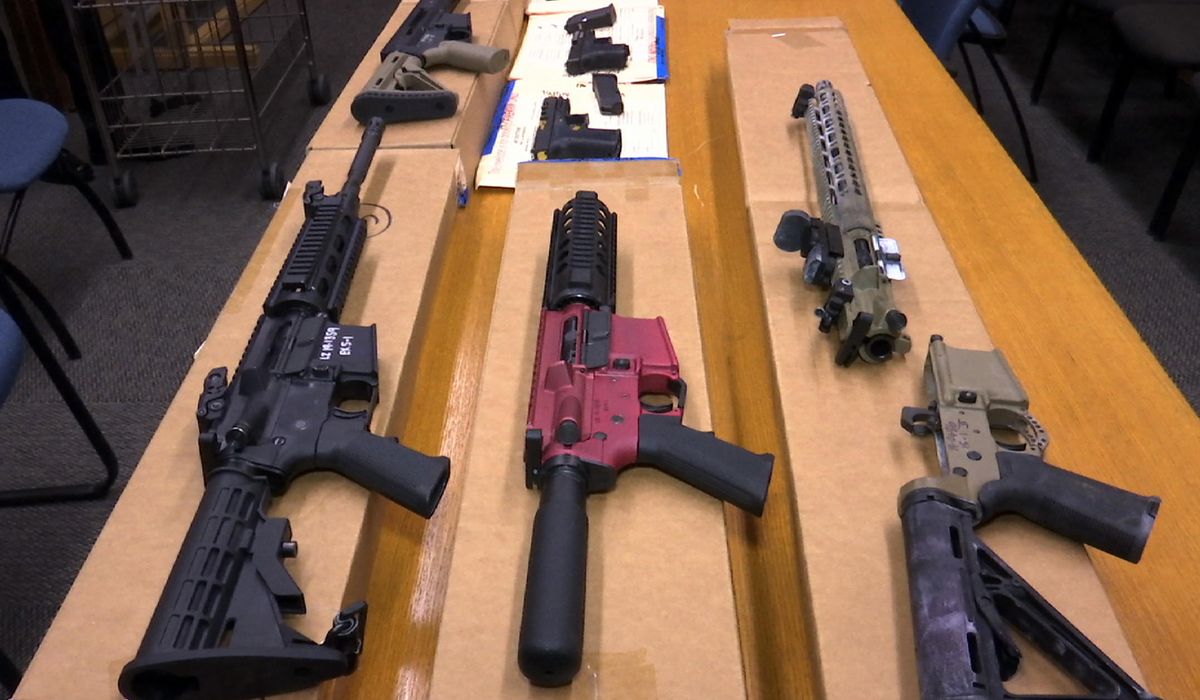


The Supreme Court announced Monday it will take up a dispute over ghost guns — firearms that can be assembled and lack serial numbers — during its next term.
The dispute came to the court after the Justice Department appealed a lower court ruling saying that the definition of “firearm” under the Gun Control Act of 1968 does not include firearm assembly kits used to make ghost guns.
The federal government argued that it’s nearly impossible to track unserialized guns, noting that from 2016 to 2021, 45,240 were collected but only 445 were traced to individuals by law enforcement.
“Police departments around the Nation confronted an explosion of crimes involving ghost guns. In 2017, law enforcement agencies submitted roughly 1600 ghost guns to [Bureau of Alcohol, Firearms, Tobacco and Explosives] for tracing. By 2021, that number was more than 19,000 — an increase of more than 1000% in just four years,” the feds’ said in their filing.
A group of individuals and Second Amendment advocacy groups challenged the AFT moved in 2022 to issue a rule to classify gun assembly kits as firearms under federal law, allowing them to be regulated with serial numbers and background check requirements.
They argued that regulating firearms and not allowing Americans to manufacture their own violate a historical precedent dating back to the founding.
“Americans have always had the right to make personal firearms without Presidential permission. The Second Amendment both stems from and protects this right, which has utmost support in the nation’s history and tradition,” they argued in their filing, urging the justices not to take the case. “There is no historical tradition of regulating, let alone criminalizing, the self-manufacture of firearms.”
The high court lifted the lower court‘s injunction last year, allowing the rule to take effect while it’s being litigated.
The case is Merrick Garland v. Jennifer VanDerStok.
Oral arguments are expected in the court’s next term, which begins in October.
• Alex Swoyer can be reached at aswoyer@washingtontimes.com.
